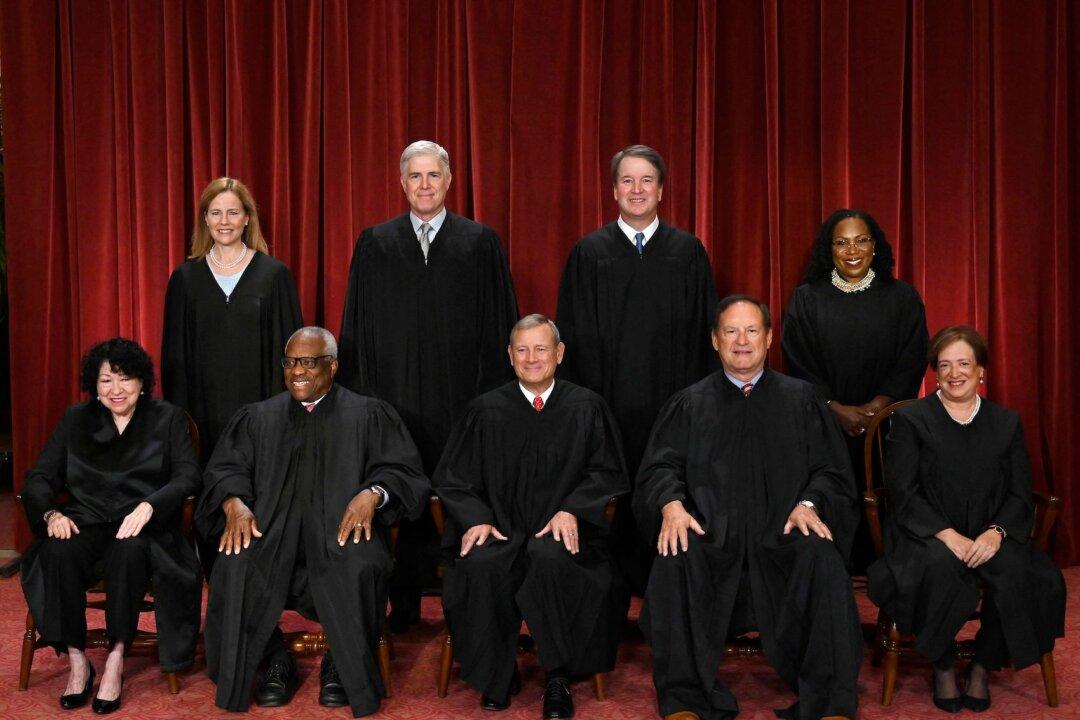As the Supreme Court unanimously agreed to overturn the Colorado Supreme Court ruling that blocked former President Donald Trump from access to the ballot, a 5–4 majority concurrently ruled that states do not have the power to enforce the 14th Amendment’s ban on federal candidates who engaged in an “insurrection or rebellion.”
But the four dissenting justices wrote that they believed the decision had gone too far and criticized their fellow justices over the matter. All nine justices agreed that Colorado cannot remove the former president from its ballots.





